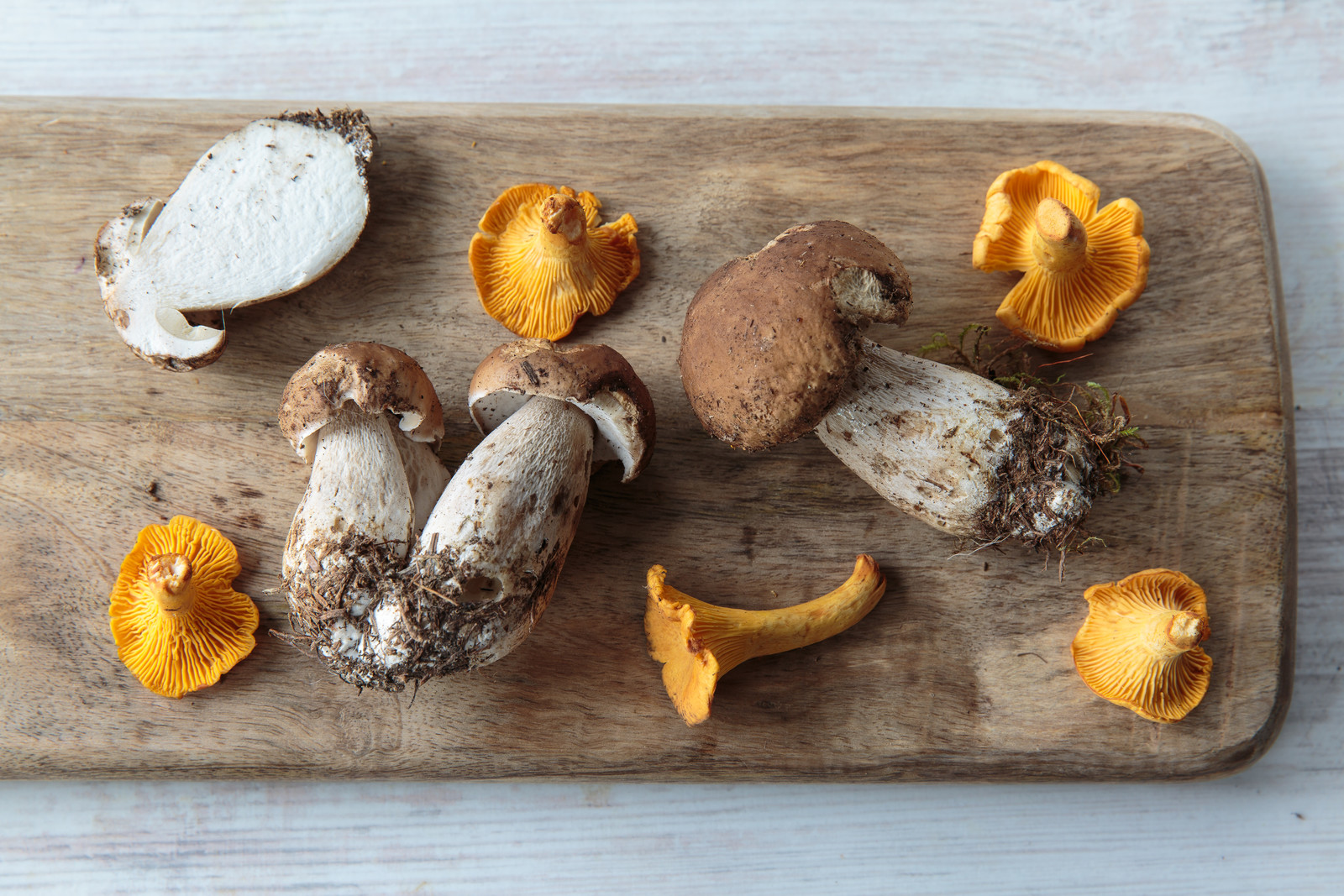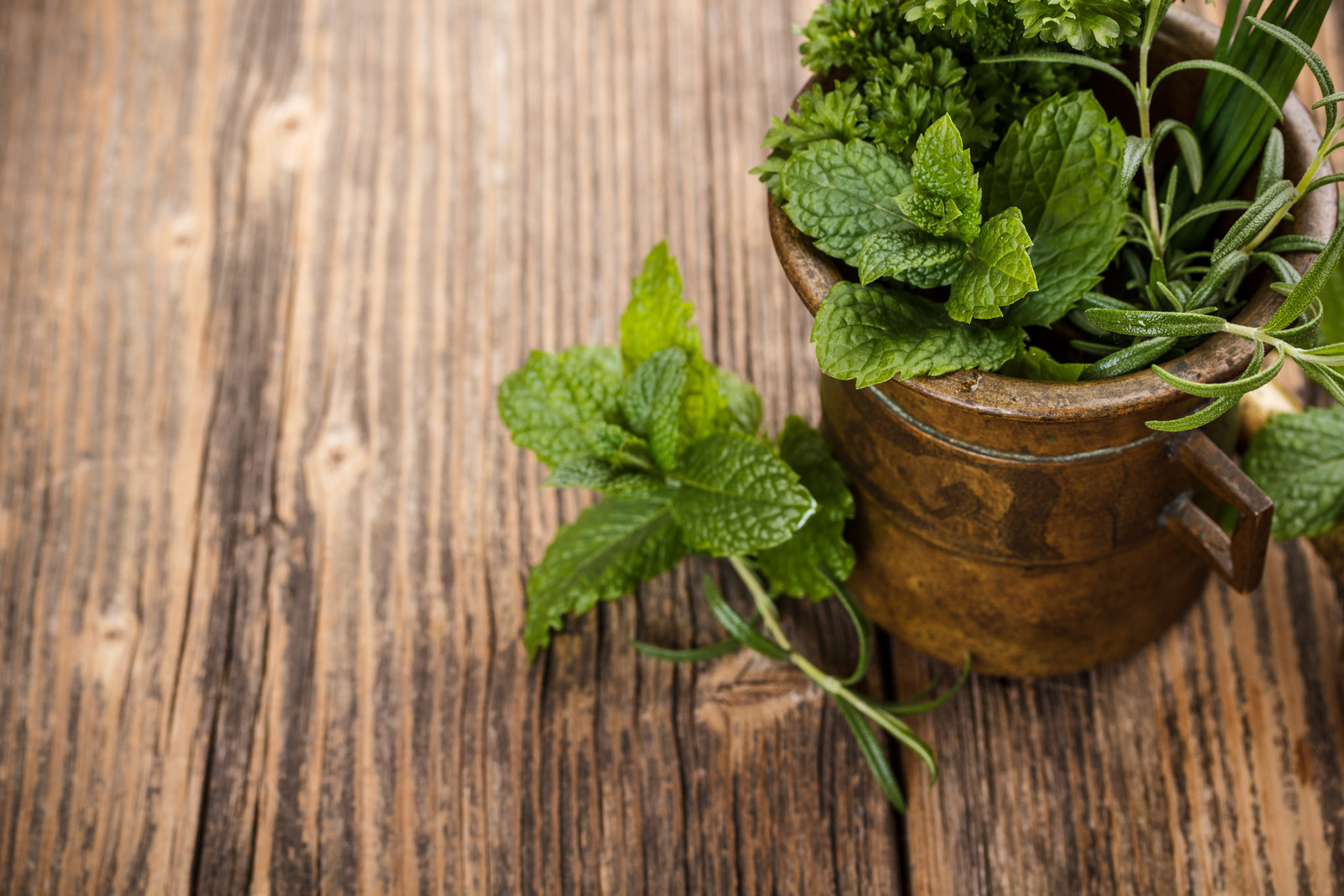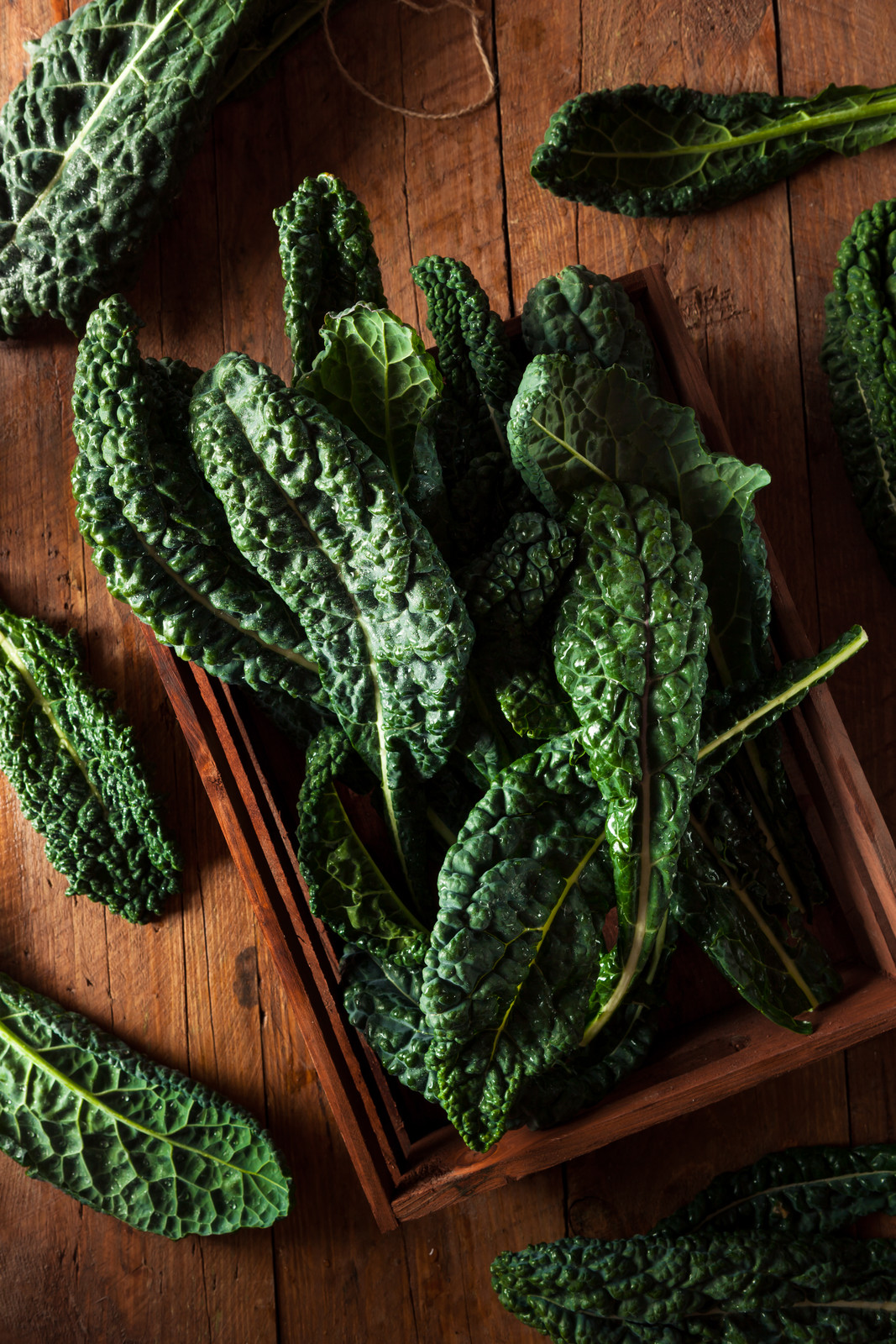Have you ever woken up in the morning already feeling exhausted from a day you haven’t even had yet? You drag yourself out of bed, grab a muffin, chase it with French vanilla coffee, and by the time you arrive at your desk, you feel like it’s the end of the day, not the beginning. Then perhaps you tune into the news or scroll through social media to see the latest pandemic updates, political woes, or local outrage and are left feeling totally discouraged. Instead of just being tired, you now feel like you might even be on the verge of getting sick. You want to leave and crawl back into bed. It’s just too much.
Now, rewind and replay the day differently. You wake up with plenty of time to spare and make it a priority to hydrate your body with water. You sit down to eat a simple spinach, mushroom and cheese omelette, finish with a cup of green tea, and make your way calmly to work. Instead of your panicked, caffeine-and-sugar-fueled exodus, your routine feels mindful, leaving you both energized and more clear-headed. In turn, you might make wiser choices with how you digest media, either opting to skip the news altogether for a while or setting you up to be in a more grounded place to handle the messages a bit better. Believe it or not, this is the difference a meal can make on your overall resiliency.
Foundational Food
Your resilience affects every area of your life: from overall energy levels and immune strength, to mood balance and flexibility under stress. Although how we respond to our environment has a lot to do with genetics, it is something we can also cultivate and influence by our actions. And over the last year, our resilience has been tested significantly, fairly begging us to incorporate strategies to bolster it.
A sturdy house that weathers the worst of storms needs a strong foundation. Your body is no different: If you provide the nutrients it needs, particularly during stressful times, you’ll lessen the physical symptoms caused by stress and it will be better able to get through a rough patch.
While nutrition is deeply individual and there is no one diet that works for every person, when it comes to building resilience, there are some universally wonderful ingredients and lifestyle changes that benefit without exception. Staying well-hydrated, eating blood sugar-balancing foods like fibre, protein, and vegetables, and being moderate about caffeine and processed sugar intake are great building blocks. Increasing your intake of some resilience-building superfoods will further fuel your tank, enabling you to meet life’s heavy demands.

Mushrooms
As a group, mushrooms are amazing, healthful foods. They are grown all over the world and have been consumed both as food and medicine for thousands of years. Scientists estimate there are somewhere between 10,000 and 50,000 different species and believe there are still many undiscovered gems out there. Each mushroom has its own specific set of benefits, however, as a group, mushrooms share some major features. They contain phytonutrients like polysaccharides, indoles, polyphenols, and carotenoids, which contribute to their antioxidant, blood sugar-supporting, immune-boosting, and anti-cancer properties. They are also a source of fibre, vitamins D and B, and minerals like phosphorus, selenium, copper, and potassium. Because of their rich flavour, mushrooms make an excellent, nutritious stand-in for meat!
Tip: Try adding button, cremini, shiitake, portobello, porcini, maitake, enoki, morel, oyster, chanterelle, or truffle (fancy!) to your everyday meals. Or up your mushroom ante by including mushroom teas, tinctures, or capsules featuring medicinal mushrooms like reishi, agarikon, chaga, cordyceps, lion’s mane, and turkey tail.

Culinary Herbs and Spices
Like mushrooms, herbs and spices not only add delicious flavour to cooking, they also increase meals’ nutritional and health benefits, having a rich and varied history the world over both as food and as medicine. The medicinal value of many herbs comes from their volatile oil component, which is released by chopping them or applying heat. In terms of building resilience, many herbs and spices support immunity and are actively anti-microbial and antiseptic, while also being able to stimulate the immune system via their warming qualities and circulation-enhancing actions (think ginger and cayenne). Some herbs even have mood-boosting benefits. Rosemary is considered a restorative herb that aids in the recovery from long-term stress and chronic illness, which is a great secondary benefit in terms of resilience.
Tip: Some of my favourite herbs with key health benefits (and great flavour!) include garlic, oregano, thyme, ginger, cayenne, and rosemary. Add as many of these herbs and spices as you can to your cooking to reap their many rewards.

Leafy Greens
All vegetables have great health benefits, but leafy greens are the “queens” of the vegetable world. In the same way as the two groups mentioned above, this is a widely varied group of foods, and each member has a unique healing profile. Leafy greens have been consumed for countless years by cultures around the globe, and as a group in general, they provide abundant minerals and vitamins including calcium, magnesium, potassium, iron, folate, and vitamins A, C, E, and K. Their nutrient density also includes lutein, polyphenols, and carotenes, which support brain health, prevent cancer, stabilize blood sugar, decrease inflammation, and balance mood. Due to their bitter taste and fibre content, they also stimulate healthy digestion, which is at the root of boosting immunity and mood, and managing stress.
Tip: Leafy greens like kale, spinach, arugula, collard, bok choy, swiss chard, dandelion, beet greens, mustard greens, broccoli, Brussels sprouts, parsley, and cilantro can be eaten raw or cooked, and can also be stored frozen for future use. Incorporate greens in salads and wraps, or add them to smoothies and soups.
Eating well, especially during difficult times in our lives, is a great investment in overall health and improves our capacity for managing stress. If you are not already enjoying them, now is the perfect time to incorporate these versatile foods into your regular routine, and there’s no special training required. Try a simple mushroom stir-fry, a veggie soup filled with herbs and spices, or a salad of mixed leafy greens drizzled with healthy oil and lemon juice—even for breakfast! Your body and mind will thank you for it.
You may also enjoy: The Macrobiotic Diet For Beginners, Child Nutrition for All Ages and Stages, and 8 Healthy, Easy Meal Planning Tips.






